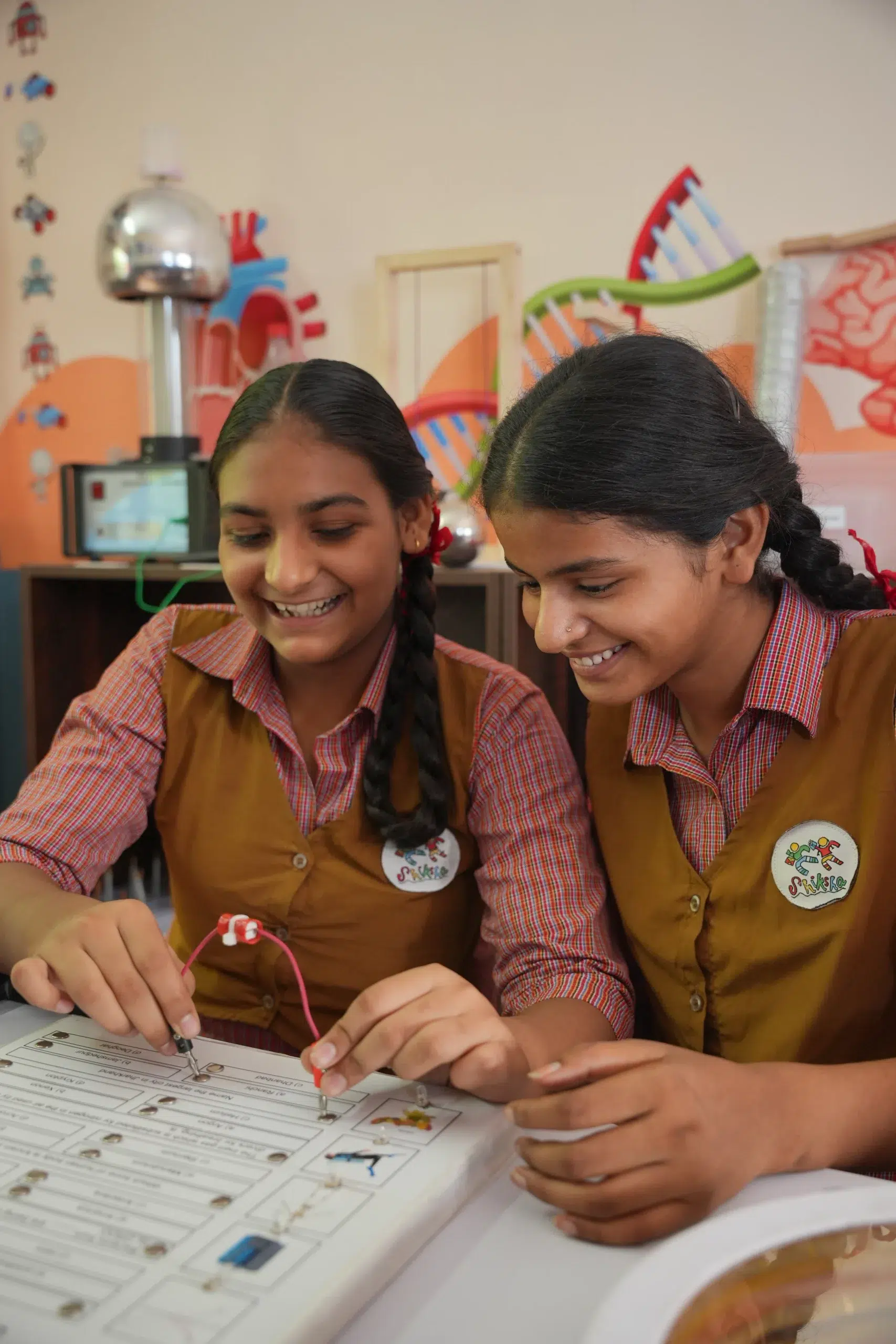Every day, children attend school and read from their textbooks. However, moving beyond the school texts is also important for a child’s development. Libraries introduce children to books and other materials while developing their social skills and values such as responsibility, empathy, imagination and a love of books. Furthermore, libraries encourage reading and have a significant impact on a child’s emotional health, academic aptitude and thinking abilities. The earlier they start, the greater the potential for children’s development.
Access to Wide Variety of Texts
The variety of books offered in libraries is fascinating. Reading opens many doors for exploration; nonfiction books provide a clear pathway for readers to learn about fascinating topics and encourage them to ask questions that lead to further reading or study. This process drives them to seek answers to inquiries raised during their reading.
On the other hand, fiction plays a significant role in stimulating a child’s ambition to learn by introducing new subjects within imaginative narratives. Historical fiction, for instance, exposes them to different worlds and time periods. Similarly, science fiction often presents futuristic interpretations of ongoing scientific trends based on existing technology. This genre prompts young readers to question the relevance and application of the materials in their own lives.
Therefore, a library provides access to a vast collection of books due to the fact that memberships are typically affordable and frequently provided at no cost to those who are underprivileged. Numerous nonprofits provide libraries in villages and smaller communities to ensure that reading is accessible to all.
Free Access to Information
Libraries offer free access to books, digital resources and instructional materials, enabling children from diverse economic backgrounds to explore and acquire knowledge. This fosters equality, removes educational disparities and cultivates a passion for reading and exploration.
Supportive Atmosphere
Librarians are essential in assisting children in locating appropriate books and resources. Their support cultivates confidence, promotes independent learning and establishes an inviting environment where children feel secure to pursue their interests and inquire freely.
Increases Empathy
Reading may strengthen a person’s empathy by enabling them to picture the feelings and situations of others. Examining diverse perspectives and convictions cultivates an appreciation of cultures and ideals that may lie beyond the reader’s personal experience. These experiences are essential for enabling children to conceptualise the lives of individuals from diverse places and historical eras. This comprehension allows individuals to evaluate various viewpoints and comprehend the wider implications of their behaviours.
A New Environment
It is routine to engage in reading or studying at home. However, libraries provide an immersive, secure and inclusive atmosphere that allows individuals read peacefully. It provides a respite from the daily routine of reading in the same setting. In a library, kids interact with others and exchange ideas and recommendations for new books. This fosters a sense of connection and encourages children to be receptive to the suggestions of others and to explore new ideas.
Better Performance in Overall Academics
Students that begin reading at an early age possess a greater likelihood of recognising letters. Ultimately, they can read independently and enhance their reading comprehension, linguistic fluency and overall understanding. Furthermore, kids acquire knowledge on a diverse array of subjects, including physics, history, social studies, etc. Reading is used across all subjects, not alone in English. Research demonstrates that reading improves learners’ performance in additional areas. This is due to the fact that when children read, they acquire, interpret, comprehend and retain knowledge, enhancing their capacity to manage new concepts and situations whether studying other topics or in everyday circumstances. Reading in a quiet space like a library improves concentration and study habits.
Improved Communication
Reading can enhance students’ speaking and reading skills by exposing them to well-structured sentences. Through engagement with language and exposure to diverse sentence forms, students enhance their understanding of word usage and arrangement, improving their linguistic proficiency. Research, (2015 study), has demonstrated that reading-related activities are the principal drivers of vocabulary expansion from grades four to ten. Their confidence is also built as they interact with others in a library.
So, libraries can be great places to read and grow. Organising storytimes, arts and crafts classes and book parties. These events can help students build social connections and language skills. Look at Smile’s community library initiative that is helping children in underserved areas discover the joy of reading. By providing access to books and learning resources, this initiative is opening doors to new opportunities and brighter futures.
A strong foundation of literacy skills is one of the few factors that can significantly impact your child’s life. Taking children to libraries or giving them access to libraries help kids to develop their reading skills and overall personality. Reading in a library scenario has a profound impact on a child’s educational abilities, mental health and cognitive processes.









